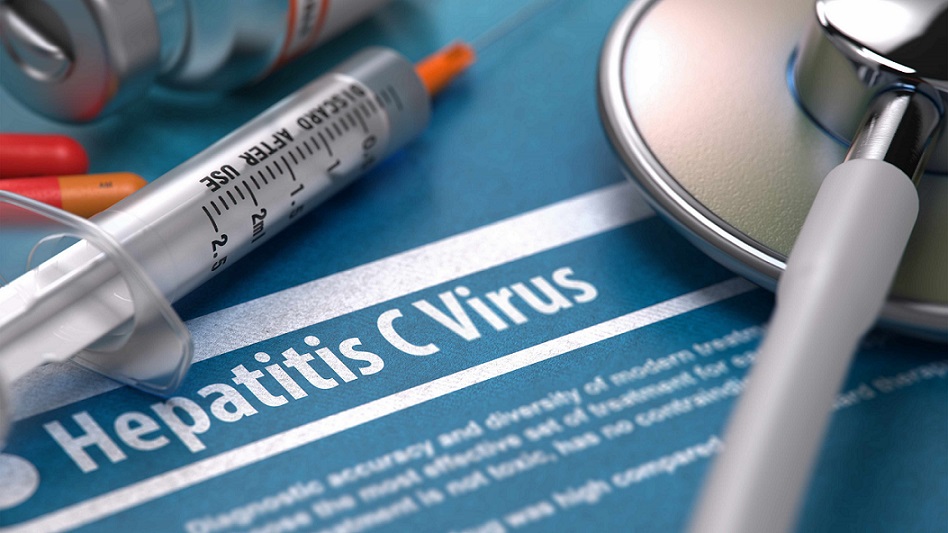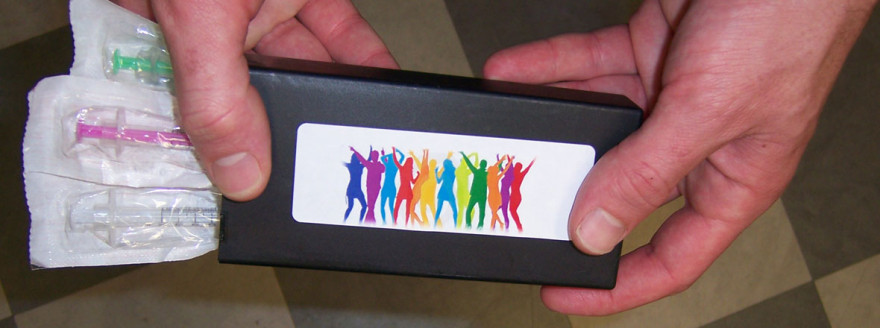
It may come as a surprise to some, but hepatitis is a major health concern in outer South West Sydney.
Doctors in our region are reporting more than 400 cases of hepatitis B, and between 300 and 400 cases of hepatitis C, each year.
Many more cases go undiagnosed and this can lead to cirrhosis, liver failure and liver cancer.
With effective treatments available to cure hepatitis C and manage hepatitis B, the South Western Sydney Primary Health Network (SWSPHN) is using World Hepatitis Day on Sunday, July 28 to encourage at risk community members to be tested.
Dr Keith McDonald, the SWSPHN chief executive officer, says tests for hepatitis B and C are not included in standard blood tests and patients had to ask for them.
“If hepatitis B is diagnosed, regular liver checks and treatment at the right time can prevent liver cancer from developing,” he said.
“For people who were not vaccinated as children, a vaccine is available to prevent hepatitis B infection.
“Chronic hepatitis C can now be easily cured with effective new treatments. Ninety-five per cent of people are cured within eight to 12 weeks by taking daily tablets with few side effects.”
South Western Sydney GP, Dr Christopher An, said GPs and patients both had a role to play in diagnosing, managing and treating hepatitis – GPs by being more proactive about screening and patients by asking to be tested.
“Every day GPs are doing blood tests to check their patients’ liver function,” said Dr An, who has medical practices at Cabramatta and Bankstown.
“If someone’s liver function is abnormal, get consent from the patient to test for hepatitis B and C.
“Patients who were born overseas in regions with high levels of hepatitis B and C should be screened at least once. My message to those patients is – ask your GP for a test.”

Dr An is a passionate advocate for GP training in treating diseases like hepatitis.
“I believe in an area targeted approach,” he said.
“GPs working in areas with lots of cases of hepatitis B and C should educate themselves about the disease, connect with local hepatologists and start screening patients.”
SWSPHN is currently working with the South Western Sydney Local Health District on a new project which aims to increase the number of people being treated by their GP for hepatitis C.
“Our region has the second highest number of notifications of hepatitis C in NSW and new strategies and models of care are needed to address the prevalence of hepatitis C in our region,” says Dr McDonald.
“Our new project supports general practice in the screening, management and treatment of hepatitis C.”
Those at risk of hepatitis B include people born in a country with high rates of hepatitis B; those who have injected drugs; who have had a medical procedure overseas where the equipment wasn’t sterile.
Those at risk of hepatitis C include people who have injected drugs or steroids; those who have a tattoo or body piercing; those born to a mother who was hep C positive during her pregnancy.
Talk to your GP about hepatitis B or hepatitis C or call the Hepatitis Infoline on 1800 803 990.
For more information visit www.hep.org.au
